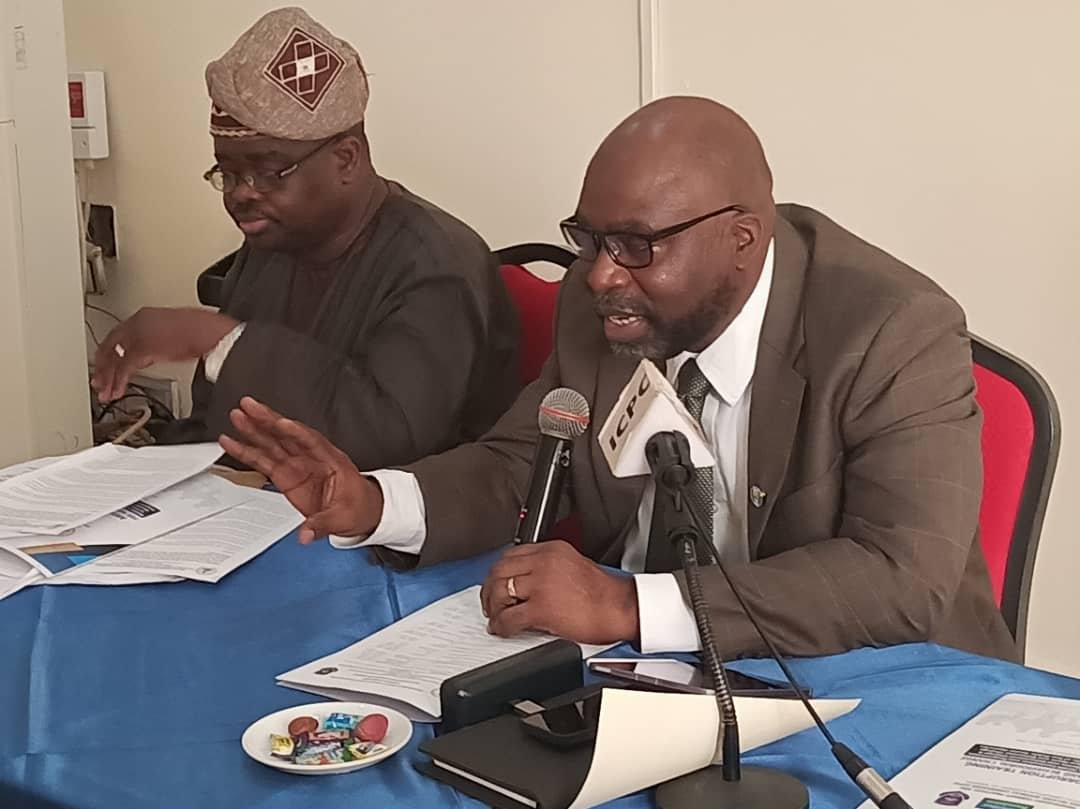…Social Norms, Behavioural Change Now To Be Infused In Revised ACAN Curriculum, Programmes
New norm and behavioural change programmes are to be developed by the Anti-Corruption Academy of Nigeria (ACAN) for Chief Executive Officers of key Public Sector Agencies, the Chairman of Independent Corrupt Practices and Other Related Offences Commission (ICPC), Prof. Bolaji Owasanoye, SAN, has revealed.
The ICPC Chairman made this known in Abuja while declaring open a three-day anti-corruption workshop for social norm and behavioural change and the review of ACAN curriculum and programmes.
The workshop is being attended by experts from the academia and research institutes, among others.
Prof. Owasanoye declared that social norms and behavioural change would now be infused into the revised anti-corruption curriculum and programmes of the ACAN, which is the training arm of the Commission.
He stated that the infusion of social norms and behaviour change in the revised ACAN curriculum had become necessary to enforce compliance with the public and civil service rules and law.
The ICPC boss said, “ACAN has to develop new norm and behaviour change programmes for chief executive officers of key public sector agencies. We need to combine behavioural change policy with law and order.
“Basically, what we want to do is to look critically and evaluate ACAN curriculum and programmes. How do we engage effectively with CEOs of Ministries, Departments and Agencies of Government?
“This project of reviewing the ACAN curriculum and programmes and the infusion of social norms and behavioural change in the revised curriculum falls within the mandates of the Commission which are enforcement, prevention, and public enlightenment and education.”
The Provost of ACAN, Prof. Olatunde Babawale, made a presentation on the relevance of social norms and behaviour to the public sector agencies.
He listed some of the social norms to include: community expectation from people in office; community protection for persons accused or convicted for corruption; expectation of loyalty from people helped or supported into office; expectation of donation of huge sums of money at public functions from people in high office, and government officials being expected to enrich or confer benefits on themselves from their office.
“The social norms can underlie corrupt behaviour, including embezzlement, bribery, nepotism, fraud, and abuse of office. The norms can also inform, refusal to report corrupt practices and non-acceptability of anti-corruption initiatives,” Babawale added.
At the workshop, a Senior Research Fellow at ACAN, Dr. Elijah Oluwatoyin Okebukola, gave an overview of social norms and the importance of incorporating social norms and behaviour change in the academy’s curriculum and training.


